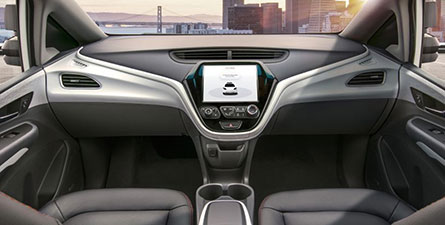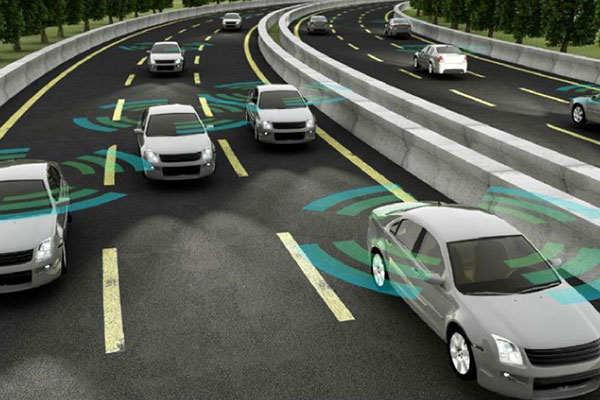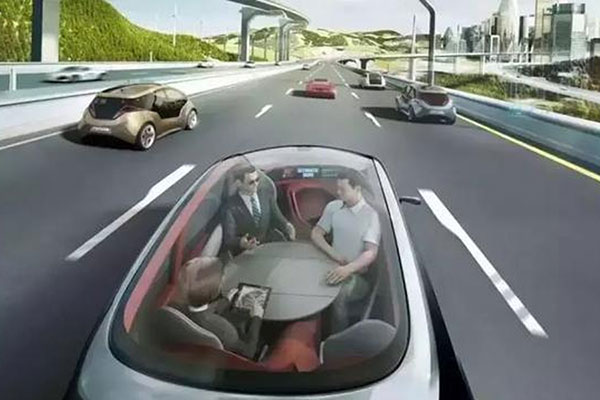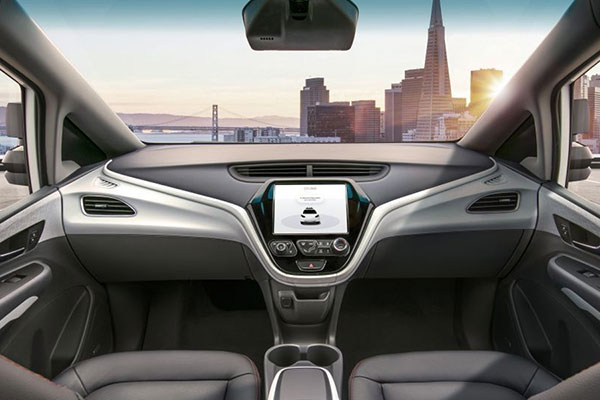News Center

When it comes to driverless cars, some people love them and some people hate them. Love it or hate it, driverless cars are speeding towards us!
The emergence of driverless cars has subverted our traditional definition of cars in the past, and the car is no longer just a means of transportation, but has become a partner in our travel. Intelligent self-driving cars, like our beloved pets, accompany us to work, travel, accompany us to the beach or the countryside. Therefore, for most people, especially love the free pleasure and independent space brought by the car.
However, there is no denying that for some people in the past, the car was a symbol of their identity and status. For example, for men, driving a certain brand of car is a "manly" expression, while for women, driving a certain type of car can more closely connect with the family, or can highlight the independence and freedom of modern women.
With the emergence of driverless cars, car culture is also gradually changing, will people's love for cars disappear? How will the relationship between cars and people change? A heated debate is taking place about the "love and hate" of self-driving cars.

Driverless love
There is no doubt that the ultimate goal of autonomous driving development is driverless driving, and the emergence of driverless driving will inevitably bring some obvious changes. Some people believe that the most obvious change is that the driver is no longer behind the wheel, but is completely driven by AI. Based on this, there is a view that when riding in a driverless car in the future, people will not care about what brand of car they ride, only care about their starting point and end point. When you get into a driverless car, you just need to tell the vehicle where you want to go, and then you can do what you want to do during the entire journey, such as leisurely looking at the scenery out of the window or watching a movie on the screen in the car.
As a result, some predict that driverless cars will mainly be used for sharing and will be deployed by some large companies into fleets. However, others believe that it is possible for private individuals to buy driverless cars for their own transportation needs, and for others to share them when they are not needed.
If everyone uses one of the driverless cars at random, some of the personal or social bonds people form with the car will be greatly weakened, and there will be no strong emotional attachment to the car. Therefore, if most people believe that the car is only a means of transportation and can be shared, then the so-called pride or attachment to the car for the individual will no longer exist.
Moreover, since driverless cars no longer need a driver, the "macho" nature of driving a car is lost. The car advertisement for women mentions that "will connect the family more closely", because the driverless car can automatically send the children to school, and the wife and husband can also ride the driverless car to work, which is not so that the family can be closely linked together, but so that the family can be separated.
Therefore, some people think that the emergence of driverless cars may make people's love of cars slowly disappear. But is this really the case?

Driverless cars create a different kind of 'love'
However, others mentioned that driverless cars will still give people a sense of freedom and independence. On the one hand, whether driven by humans or AI, the essence of the car has not changed, it is still a travel tool. At the same time, driverless cars will also restructure the entire industrial chain, bring great changes in the transportation field, improve commuting efficiency, and thus promote economic transformation.
Therefore, some people will "fall in love" with driverless cars because of the convenience they bring, and because they give people more travel choices.
On the other hand, the AI in driverless cars will become better and better at interacting emotionally with humans. Right now, we might be having a simple, stilted conversation with Alexa or Siri. But in the future, driverless cars will be able to interact more smoothly with passengers through natural voice processing (NLP), possibly discussing places they want to go, recommending local tourist attractions (if the passenger is a tourist), and so on.
In addition, AI systems may become more human. Every time a passenger enters a driverless car, the AI will know who the passenger is, understand where the passenger has been in the car, can communicate with the passenger about the current work and life trivia, and may know him better than the passenger's lover. As driverless cars become smarter through deep learning, people may not only fall in love with them, but become obsessed with them.
Due to the AI driver, the driverless car can work 7*24 hours, people can sleep or work while riding in the self-driving car, and there is a human-computer interaction function to accompany, people may simply live in the driverless car.
In addition, experts say that since people only need a driverless car that can provide services when needed, people will not care much about the appearance of the vehicle. They believe that all driverless cars will become similar in appearance, size and shape, but will be large enough to accommodate as many passengers as possible.
However, others believe that there will definitely be driverless cars of various sizes, shapes and appearances, and even people can customize driverless cars online.

Driverless love or not?
So, with the advent of driverless cars, will people slowly fall out of love with cars?
Some people may say that the essence of driverless cars is a means of transportation, many people do not like to commute to work every day by bus, and what reason will fall in love with the future of random selection of driverless cars?
However, some people will say that they still love cars, because driverless cars will treat every passenger as a "king" or "queen" when they enter the car, connecting people and cars with emotions.
Love is fickle, people's love for traditional cars, will be full of "charm" driverless cars replaced? Only time will tell.
When the "old love" is abandoned by The Times, will people's love for cars continue to the "new love"? Cars are evolving towards driverless, and it's only a matter of time before they become fully autonomous. Love it or not, the driverless era is coming soon!
(Credit: Geste Motors)
Return to Overview